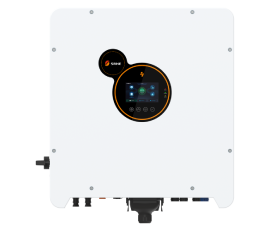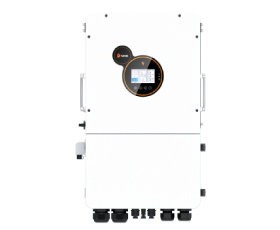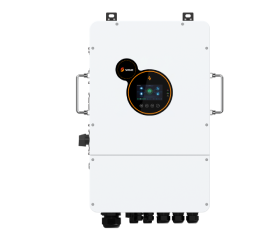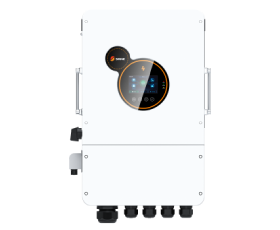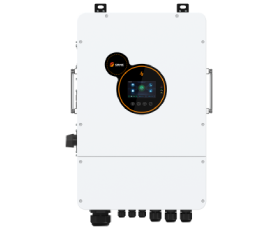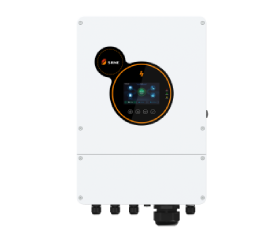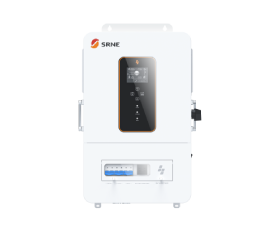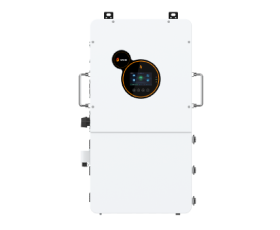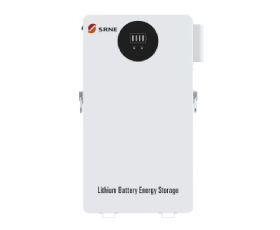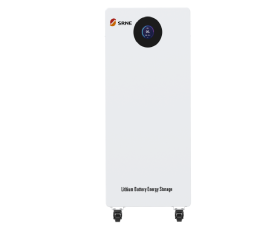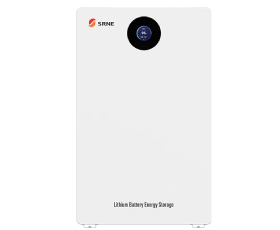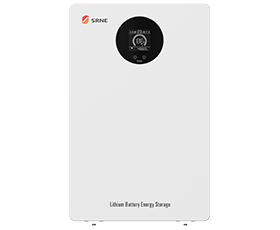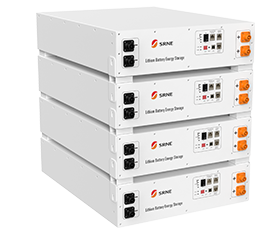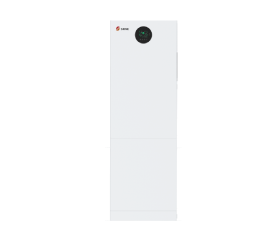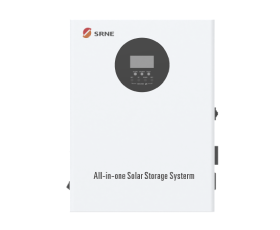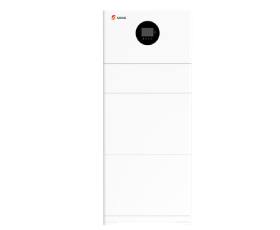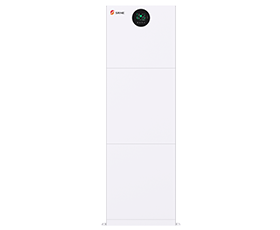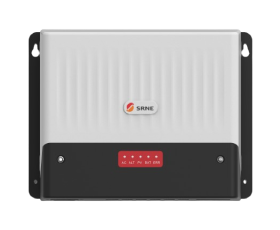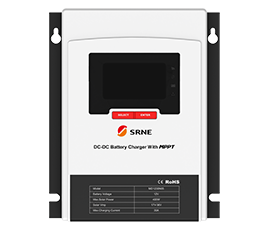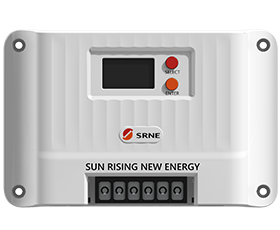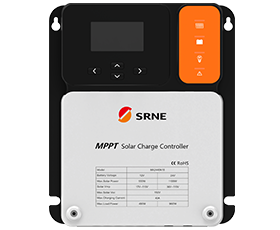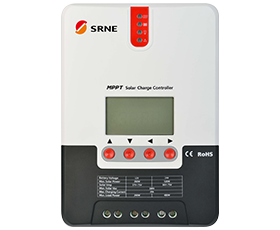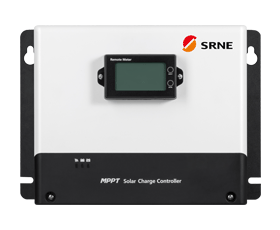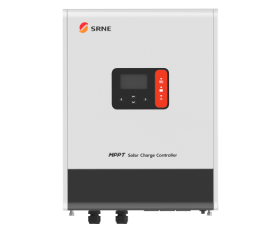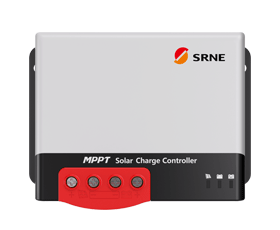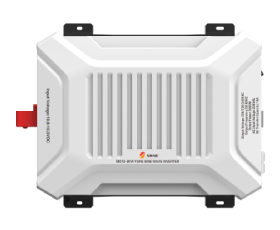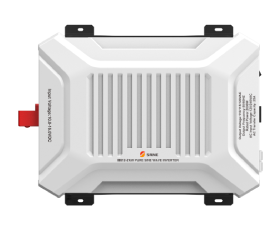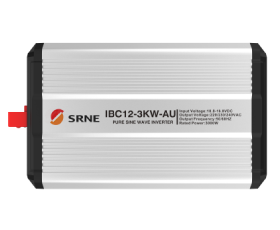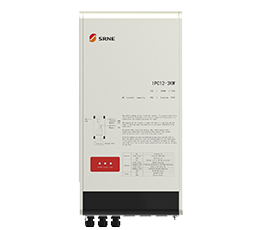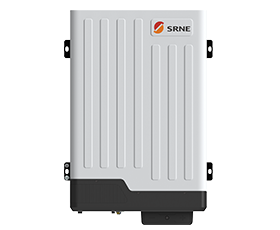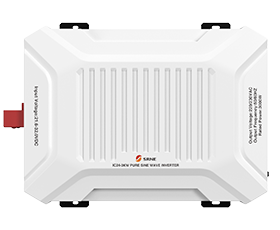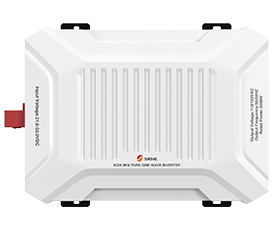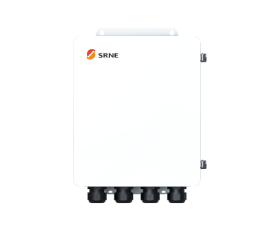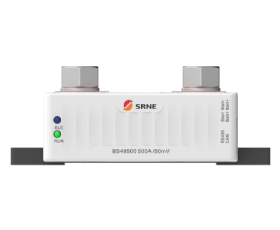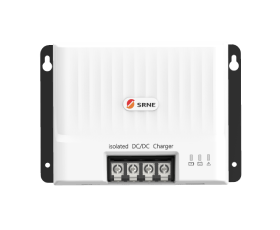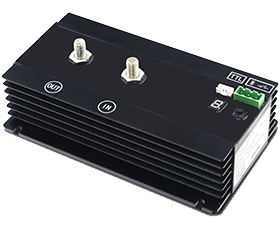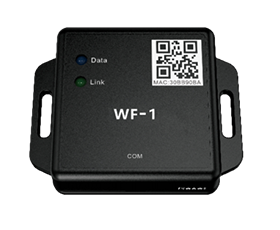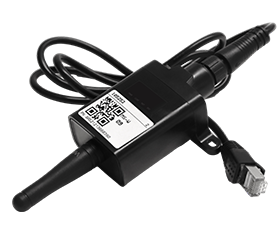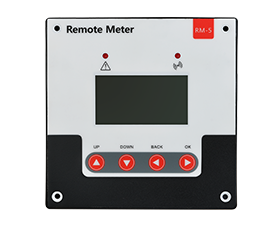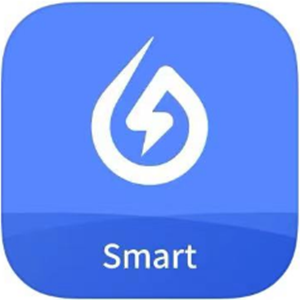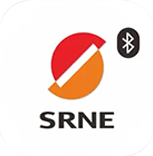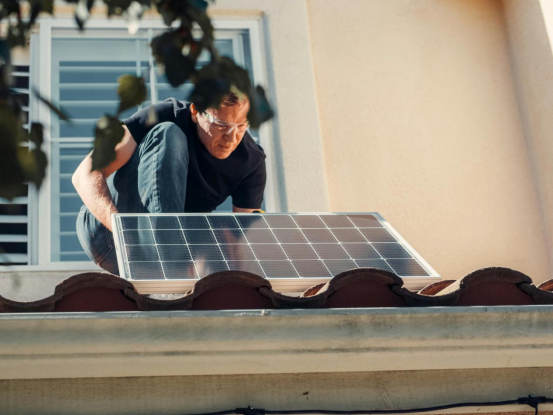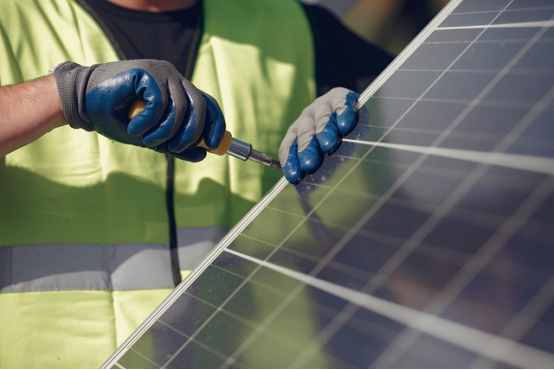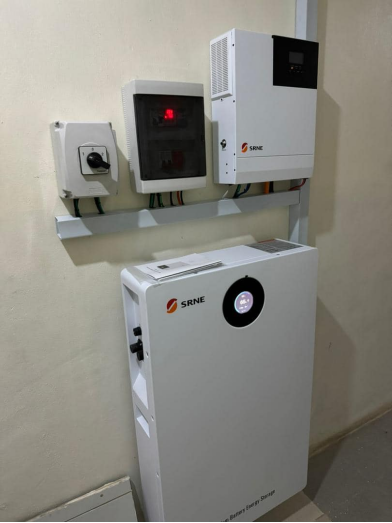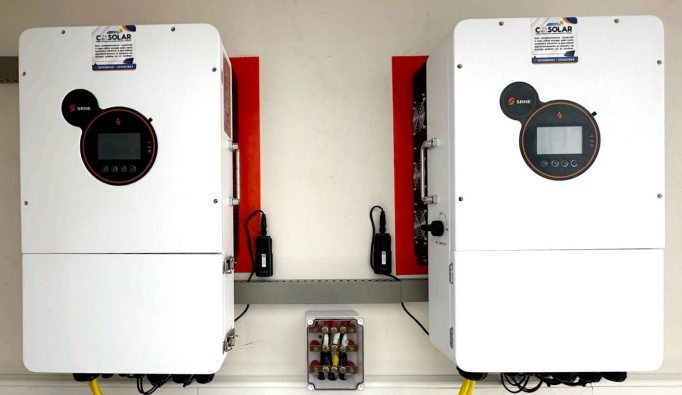DIY vs. Professional Installation of Home Power Inverters: Pros and Cons
Home power inverters have become essential in modern homes, particularly for those integrating solar energy systems. They convert DC power from solar panels or batteries into usable AC electricity. With the growing demand for hybrid inverters, off-grid inverters, and advanced solutions like SRNE solar inverters, homeowners are faced with a crucial decision: should they install the system themselves or hire a professional? Srne will explores the pros and cons of each option, helping you decide which path suits your needs.
What Is a Home Power Inverter?
A home power inverter is a key component of any solar energy system, converting stored DC energy into AC power that can be used by home appliances. Whether you're using a solar inverter hybrid, an off-grid inverter, or a inverter systems, inverters play a crucial role in residential energy storage systems by ensuring seamless energy conversion and distribution.In recent years, advancements in residential energy storage have made it easier for homeowners to install these systems themselves. However, the complexity of installation varies depending on the type of inverter and the homeowner’s technical skills.
DIY Installation of Home Power Inverters
Pros of DIY Installation
Cost Savings: The most significant advantage of DIY installation is cost savings. You eliminate labor fees, which can be a large part of the total installation cost.
Learning Opportunity: Installing your own home power inverter can be a rewarding experience. You'll learn valuable skills and have a deeper understanding of how your energy system operates,but you need have some basic knowledge.
Flexibility: With a DIY installation, you control the pace. There’s no need to schedule around a professional installer’s availability, however you should have the skill of inverters installing.
Cons of DIY Installation
Skill Requirements: Installing inverters, especially a hybrid inverter or off-grid inverter, requires substantial knowledge of electrical systems. Mistakes can lead to system failures or safety risks.
Time-Consuming: A DIY project can take significantly longer, particularly if you're unfamiliar with the equipment. Complex systems like SRNE solar inverters demand attention to detail, which adds to the time cost.
Potential Risks: Incorrect installation can result in system inefficiencies, warranty voiding, or even dangerous electrical hazards.
Professional Installation of Home Power Inverters
Pros of Professional Installation
Expertise: Certified installers have the necessary experience and technical know-how to handle even the most complex systems. Whether you're installing a hybrid inverter or off-grid inverter, professionals ensure that the setup is done correctly.
Time Efficiency: Professionals can typically complete the installation much faster than a DIY approach. They have the tools and experience to work efficiently and avoid common pitfalls.
Reduced Risk: With a professional installation, the risks of system malfunctions or safety hazards are significantly reduced.
Warranties and Support: Many professional installers offer warranties on their work and provide ongoing support, giving you peace of mind should any issues arise.
Cons of Professional Installation
Higher Costs: Hiring a professional installer comes with additional costs. Labor fees can make the overall investment in your inverter for homes system higher.
Scheduling: You may need to adjust your schedule to accommodate the availability of the installer, which could delay or modify your plan.
Less Personal Control: Relying on a professional means less hands-on involvement, which can be a downside if you prefer a personalized approach.
Cost Comparison: DIY vs. Professional Installation
DIY installations typically cost less upfront, as you avoid labor fees. However, the complexity of installing systems like the SRNE solar inverter can lead to mistakes, which might require costly repairs or adjustments later on. Professional installation fees are higher but come with the assurance of expert handling, potentially saving money in the long run by avoiding future maintenance issues.
Skill and Safety Considerations
Installing a home power inverter is not as simple as plugging in a device. It requires a deep understanding of electrical systems, especially for advanced technologies like hybrid solar power inverter and off-grid inverters. Professionals are trained to handle these complexities safely, following all relevant codes and regulations. In contrast, DIY installations carry a higher risk of safety issues, particularly for those unfamiliar with electrical work.
Time and Effort Involved
A DIY installation may take several days or even weeks to complete, depending on the complexity of your system. In contrast, professional installers can finish the job in a fraction of the time. For busy homeowners, the time savings of professional installation may outweigh the initial cost.
Long-term Impact: Performance and Maintenance
DIY installations can sometimes result in improperly installed systems, leading to inefficiencies or more frequent maintenance. Professional installations are more likely to ensure that your residential energy storage system operates at peak efficiency, reducing the likelihood of performance issues or unexpected repairs over time.The srne provides the basic maintenance instructions, from which users can maintain the inverter.
Conclusion: Which Approach Is Best for You?
Choosing between DIY and professional installation depends on your budget, technical skills, and time constraints. DIY installation offers cost savings and personal satisfaction but comes with risks, especially for complex systems like hybrid inverters and SRNE solar inverters. On the other hand, professional installation provides peace of mind and long-term reliability but at a higher cost. Evaluate your priorities to make the best choice for your home’s energy needs,We also offer many housing solutions to ensure your electricity safety and needs.Srne are one of the most reliable power inverter manufacturers in world.




















